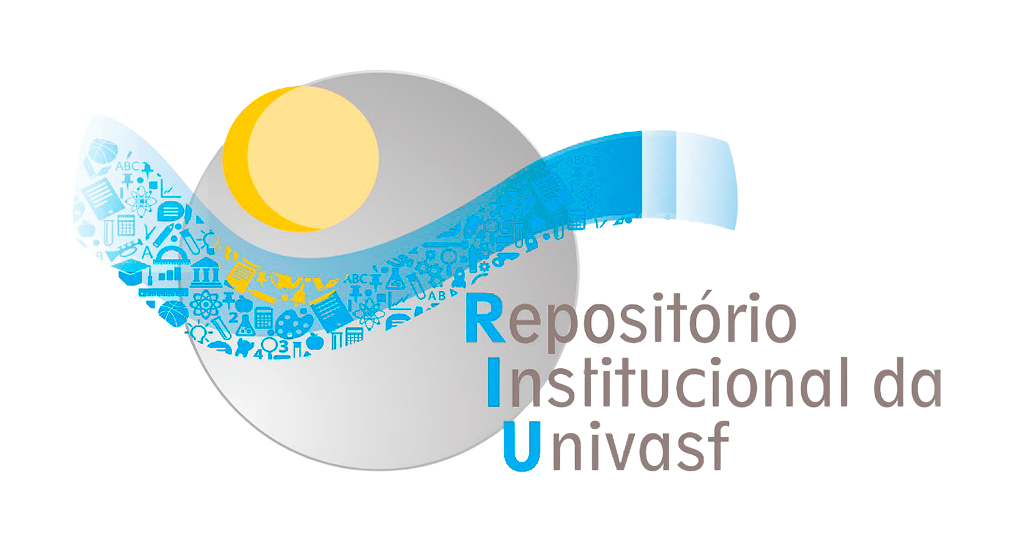
Repositório Institucional da UNIVASF (RIU)
O repositório preserva e provê acesso fácil e aberto a todos os tipos de objetos digitais, incluindo: textos, imagens, vídeos e conjuntos de dados

Comunidades no DSpace
Selecione uma comunidade para navegar por suas coleções